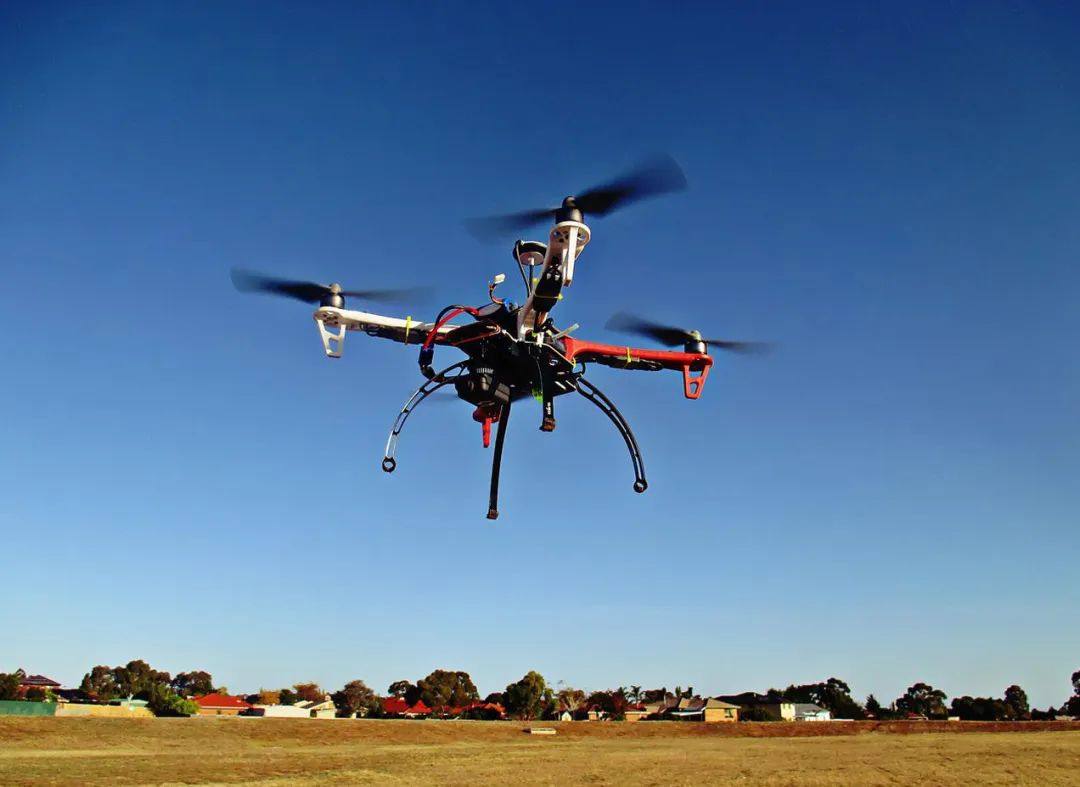Drone flying has become increasingly popular among both hobbyists and professionals. The question often arises: do you need a license to fly a drone? The answer varies depending on several factors including the drone’s weight, the purpose of its use, and the country’s regulations you are operating in. Let’s delve into the specifics and help you understand whether a drone license is necessary.
Understanding Drone Regulations
Drone regulations differ significantly worldwide, impacting whether a license is required. United States: In the US, the Federal Aviation Administration (FAA) governs drone operations. Hobbyists flying drones for recreation do not need to have a license if their drones weigh less than 0.55 pounds (250 grams). However, all drones must be registered with the FAA, and operators must adhere to the guidelines such as keeping the drone within visual sight and flying at or below 400 feet. For commercial drone operations, a Remote Pilot Certificate from the FAA is necessary. This is often referred to as Part 107 certification. United Kingdom: In the UK, the Civil Aviation Authority (CAA) mandates that all drone operators, recreational or commercial, must obtain an Operator ID and Flyer ID to legally fly their drones. This requirement applies to drones weighing more than 250 grams. Additionally, commercial operators might need a more formal Permission for Commercial Operations (PfCO).
Factors Influencing the Need for a License
Several factors determine whether a license is necessary: 1. Purpose of Use: Using a drone for commercial purposes like photography or surveying necessitates licensure, as these activities generally involve financial gain. 2. Drone Weight: Most countries have a threshold weight, typically around 250 grams, above which licensing becomes obligatory. 3. Location: Rules can vary within regions, so where you plan to fly the drone greatly impacts licensing requirements.
Consequences of Not Having a License
Flying a drone without the required license can lead to legal repercussions, fines, and implications for personal liability. Authorities can confiscate the drone and levy penalties based on the intensity of the rule breach.
Safety and Regulations Compliance
 It’s imperative for drone operators to follow safety guidelines irrespective of a license requirement. Key practices include maintaining line-of-sight, avoiding restricted areas like airports, and understanding battery life for safe flights.
It’s imperative for drone operators to follow safety guidelines irrespective of a license requirement. Key practices include maintaining line-of-sight, avoiding restricted areas like airports, and understanding battery life for safe flights.
Licensing Process
The process of obtaining a drone license generally involves passing an aeronautical knowledge test, completing paperwork, and paying administrative fees. It’s advisable to check the official aviation body of the country for detailed steps.
Drone as a Hobby
For hobbyists, while a formal license might not always be obligatory, education about local rules is crucial for responsible flying. Many countries offer online courses or certifications that enhance understanding and compliance—beneficial even if a license isn’t mandated.
Related FAQs
- Do toy drones need a license? Toy drones, typically under 250 grams, often don’t require licensing if used recreationally.
- Can I fly my drone at night? Commercial operators might have permissions to fly at night post training, but hobbyists are generally restricted to daylight hours.
- What is the penalty for unauthorized drone flight? Penalties can include substantial fines, drone confiscation, and in severe cases, criminal charges.
Ultimately, understanding regional drone regulations ensures safe and legal operation whether flying for fun or work. Navigate the rules diligently and soar responsibly!